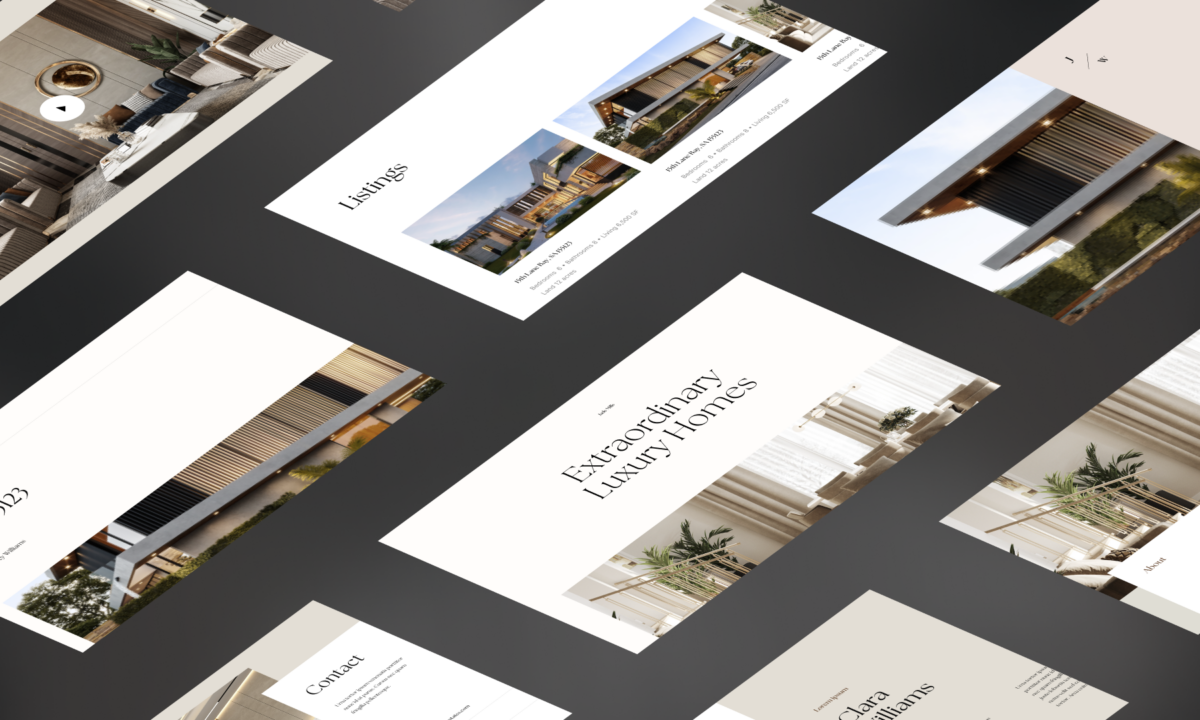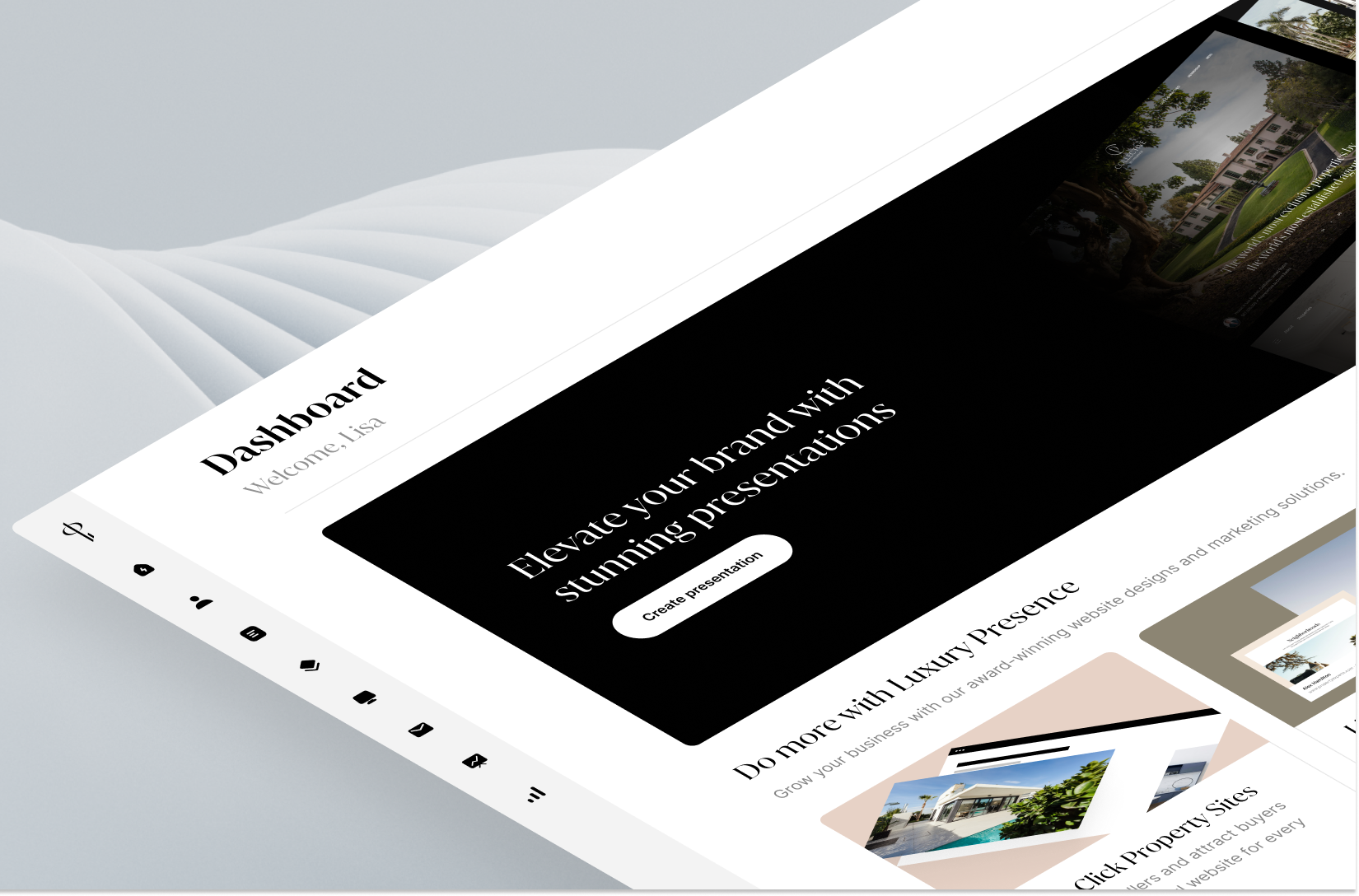If you’re in need of a new website, you’ll find that several options exist in today’s market. For example, you could pay a designer to build you a WordPress site or opt for a cloud-based Software as a Service (SaaS) program.
Deciding which platform is best for your business doesn’t have to be as daunting a task as it seems. In this article, we’ll dive into the key differences between SaaS and WordPress, as well as break down their pros and cons so you can select the right platform for your business.
Find It Fast
What is SaaS?

SaaS is a business model where third-party companies develop and host web-based applications. Those applications are then offered to consumers as a subscription-based service.
Based on a recent BetterCloud report, it’s expected that by 2025, 85% of business apps will be SaaS-based. Meaning, it’s likely that you already interact with some type of SaaS platform on a regular basis. Some examples include Google’s GSuite, Microsoft Office 365, Zoom, and Netflix.
When it comes to websites specifically, SaaS platforms offer agents a modern, streamlined, and unique approach to creating and managing a real estate website.
Some popular SaaS website platforms include DIY options like Wix and Squarespace, which are industry-agnostic. If you’d prefer an industry-specific SaaS provider, you may consider a done-for-you website solution like Luxury Presence.
With SaaS, a lot of the work is already handled for you. Instead of paying large upfront costs, you can leverage existing designs, templates, and services to customize your website.
When you use a SaaS platform, you also get a team of experts to help you. This means support with technical bugs, customization assistance, or answering website-related questions.
How Luxury Presence stacks up against other SaaS platforms
While there are several SaaS platforms to choose from, not every provider will make creating and maintaining your real estate website a seamless and stress-free experience. Luxury Presence is specifically designed for real estate agents, teams, and brokerages. Unlike other SaaS hosts, real estate marketing tools are native to our platform, making it that much more convenient for agents.
Some of these tools include:
IDX home search
Our custom-branded IDX tool pulls accurate data from the MLS so your buyers can search for homes with ease. DIY SaaS platforms, like Wix and Squarespace, either don’t support IDX integration or require third-party plugins with limited functionality.
Digital presentations tool
With our digital presentations tool, you can create listing presentations and CMAs with ease. You can show clients what you have to offer with videos, interactive maps, side-by-side listings, and market analysis reports.
Instant home valuation tool
Visitors to your site will get an automated home estimate upon submitting their contact information. Other platforms require a plug-in for this feature.
Custom lead routing
Inquiries from prospective clients will be directed to the most suitable agent for seamless service and faster outreach.
Lead intelligence
Our lead intelligence feature gives you access to insights that help you understand your leads better through additional third-party data.
With Squarespace and Wix, users are responsible for all design updates and plugins unless you’re paying someone to do that for you. Luxury Presence combines all the benefits of beautifully designed websites with the flexibility to make updates on your own or with the support of our customer success team.
What is WordPress?

WordPress is the most popular content management system (CMS) on the internet—as of 2021, WordPress powers 40% of the top 10 million websites in the world. Since it’s free to use and open-source, it can be a good DIY solution for tech-savvy individuals.
Agents who use WordPress own their sites. Owning a website means you are responsible for large upfront costs and additional maintenance.
Typically, agents who use WordPress will work with professional developers and designers to build it and then fully take over the maintenance and updates once the original site is created.
In other words, once the site is built and is officially yours, a contractor’s obligations are over. You’ll be responsible for keeping your site up to date, running properly, and changing listings or new links. If you ever want to rebrand, you’ll likely need to hire experts again to revamp your site or build a new one from scratch.
Breaking down the differences between WordPress and SaaS

The right website option for you will depend on your resources, goals, and timeframe. Let’s explore the pros and cons of both to help you make the right decision for your business.
Pros of SaaS:
Continuous innovation
SaaS platforms are constantly updated with the latest features and improvements, ensuring that agents have access to cutting-edge tools and technologies. This continuous innovation outpaces the static nature of a typical WordPress site, where keeping up with innovation often requires manually updating or adding new plugins.
Done-for-you maintenance and support
An open-source option like WordPress requires constant attention. With SaaS, the constant upkeep and maintenance is not your burden. So, there’s no need to lose sleep over whether your site design is responsive or optimized for use across all platforms. Plus, many SaaS providers offer technical support if you do run into any issues.
Ease of use
SaaS platforms often provide more user-friendly interfaces that require less technical knowledge, making it easier for real estate professionals to manage their websites without the need for extensive training or coding skills.
Streamlined building
The best SaaS providers offer intuitive dashboards, page builders, and more from an easy, all-in-one control center. Best of all, it’s accessible no matter where you are or regardless of what device you’re using.
Consistent quality
Open-source platforms like WordPress rely on plugins, tools, and resources to be maintained by a large community of users and developers, which doesn’t always guarantee consistent quality, performance, or regular updates. SaaS platforms are incentivized to maintain their high-quality platforms, so their upgrades, features, and plugins go through more thorough testing before being rolled out.
Stress-free privacy and security
SaaS platforms often include built-in security features like advanced data encryption, regular security audits, and automated compliance with privacy laws, which are integral to protecting user and customer data. In contrast, WordPress requires additional plugins and manual effort to achieve similar security standards. This includes installing specific plugins for SSL encryption, data backups, and protection against cyber threats. SaaS solutions offer a more streamlined and less labor-intensive approach to maintaining website security and data privacy.
Cons of SaaS:
Limited ownership
With SaaS platforms, your website’s data is stored on the provider’s servers, which means if you decide to cancel your subscription for any reason, you’ll need to migrate your website to another provider. (Helpful note: ensure your provider will let you keep your digital assets).
Pros of WordPress:
Ownership and portability
As mentioned above, ownership of website design and content makes it easier to transfer your website to another provider or developer if needed.
Limitless integrations
A custom WordPress site allows you to integrate almost any third-party plug-in. However, you’ll need a developer to keep those integrations up to date.
Cons of WordPress:
More responsibility
Owning a site requires maintenance like domain & hosting fees, security updates, uptime monitoring, development costs for new features, or fees for additional customizations and plug-ins. Unless you can do this yourself, you’ll have to pay someone to manage it for you.
Websites become outdated
For real estate agents using WordPress, there’s a higher risk of their websites becoming outdated. Unlike SaaS platforms that automatically update with the latest features and trends, WordPress requires manual updates and maintenance, potentially leaving agents with less modern, less effective online tools.
Hidden, ongoing fees
Custom website development by a professional designer can cost thousands of dollars, which is a significant investment for most agents. Additionally, many providers will charge hourly for every update requested after your website is launched, which can add up over time. Even if you go the DIY route, WordPress becomes more expensive when you factor in what’s not included.
Quality isn’t guaranteed
You get what you pay for—the final product is dependent on the skill of the contractor you hire. A beautiful website isn’t guaranteed even if you do pay extra to get a custom site.
SaaS vs. WordPress: What’s best for you?
In weighing the pros and cons of both website providers, it’s clear Luxury Presence’s SaaS platform offers distinct advantages. For real estate agents looking to streamline their online presence, maintain cutting-edge functionality, and ensure the highest levels of security and privacy without the added burden of manual updates and maintenance, Luxury Presence is the best solution.
Ready to make a smart, forward-thinking choice for your real estate business? Reach out today to discover how Luxury Presence can revolutionize your online presence, saving you time and money while providing unmatched quality and innovation.




